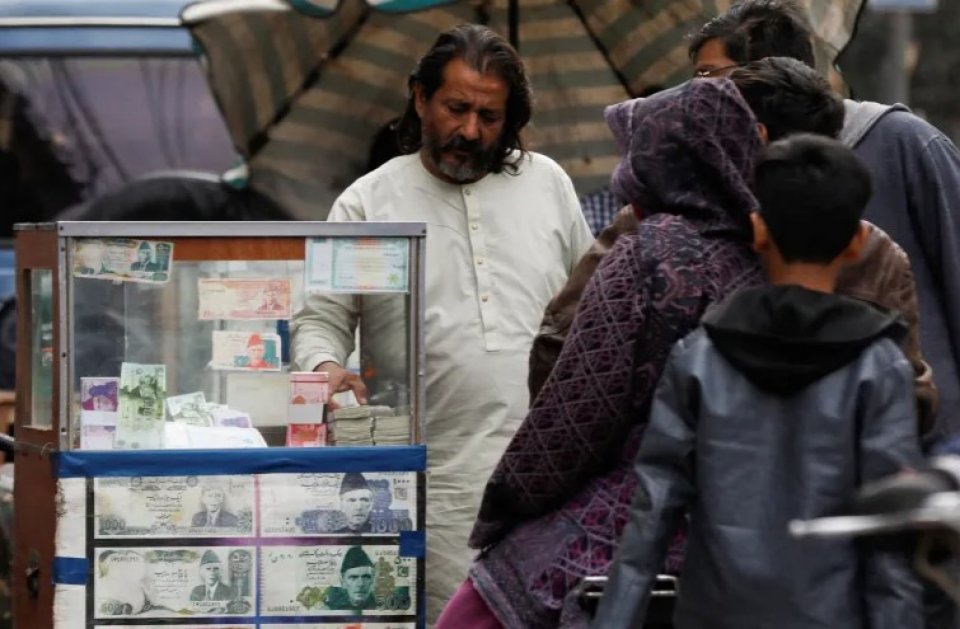The International Monetary Fund (IMF) says Pakistan’s economic challenges are “complex and multifaceted” and the risks are “exceptionally high”.
In a report released on Tuesday, the global lender said Pakistan’s economy had been rocked by “significant shocks” over the past year, which included floods that caused damage of more than $30bn, the war in Ukraine and other “fiscal and external pressures”.
“Addressing them requires steadfast implementation of agreed policies, as well as continued financial support from external partners. Consistent and decisive implementation of program agreements will be essential to reduce risks and maintain macroeconomic stability,” the 120-page report added.
The IMF released the report a week after it approved a $3bn bailout programme, including the immediate disbursal of about $1.2bn to help stabilise the economy of the South Asian country with a population of 220 million people – the world’s fifth highest.
The lender imposed stringent conditions for the bailout, including a market-determined exchange rate for the Pakistani rupee, increased energy tariffs and other reforms in the energy sector.
The government has also told the IMF it will not introduce any new tax amnesty scheme or grant tax exemptions in the current fiscal year.
The past year saw Pakistan’s economic condition worsen as it faced an ever-growing balance of payment crisis with depleting foreign reserves, ballooning debt and record-breaking inflation.
Before the IMF board’s decision to approve the bailout, Pakistan’s foreign reserves were just over $4bn, enough to cover a month of imports.
Political turmoil has added to the financial meltdown as the country heads into national elections, expected this year.
The IMF also hinted that upon completion of the arrangement, a possible successor programme could be agreed upon with the government.
“Resolving Pakistan’s structural challenges, including long-term balance of payment pressures, will require continued adjustment and creditor support beyond the program period. A possible successor arrangement could help anchor the policy adjustment needed to restore Pakistan’s medium-term viability and capacity to repay,” the report said.
‘Policy missteps’
Karachi-based economic analyst Yousuf M Farooq says the IMF recommendations could be just the medicine Pakistan’s ailing economy needs.
“If we do follow what the IMF has prescribed, we may just find ourselves out of the woods for now. We must ensure a floating foreign exchange rate, remove restrictions on imports and take other recommended policy measures,” he told Al Jazeera.
Farooq said the IMF report refers to “policy missteps” by the government and it is necessary for the country’s financial managers to show “fiscally responsible behaviour”.
Farooq, however, added that a new IMF programme is inevitable for Pakistan.
“If we manage to complete this arrangement successfully, it will give us some breathing room for the next nine months, which will allow the next elected government to negotiate a fresh IMF programme,” he said.
Economist Hina Shaikh told Al Jazeera the IMF has predicted that Pakistan’s economy will take considerable time to get back on a growth trajectory.
“The immediate disbursal [of IMF funds] will help stabilise the economy in the short run,” the Lahore-based economist said, adding that the recovery “may be short-lived”.
“The IMF report stresses what many macroeconomists have already been saying: We need structural reforms that address the key distortions in the economy,” she said.
“Successive governments would have to pursue prudent policies to meet them.” (AlJazeera)







